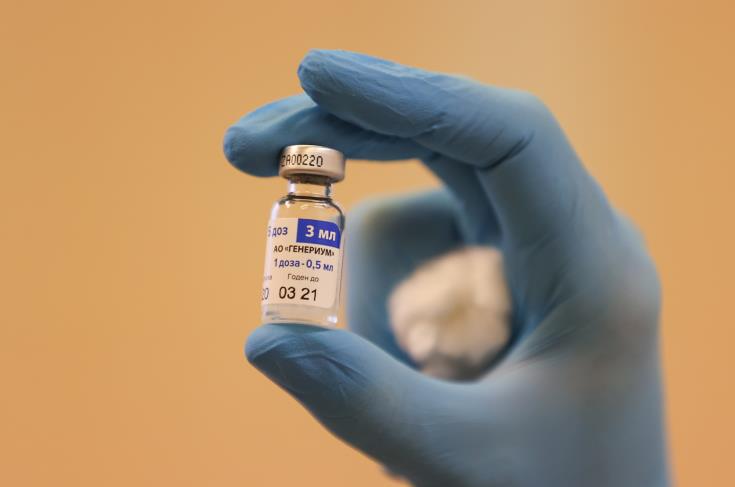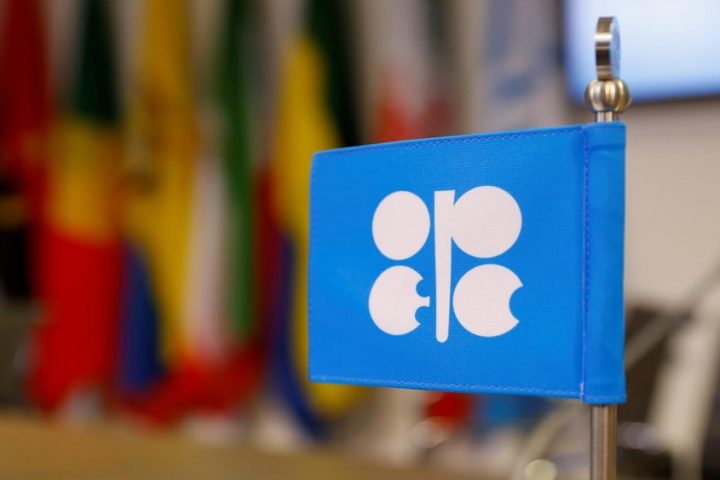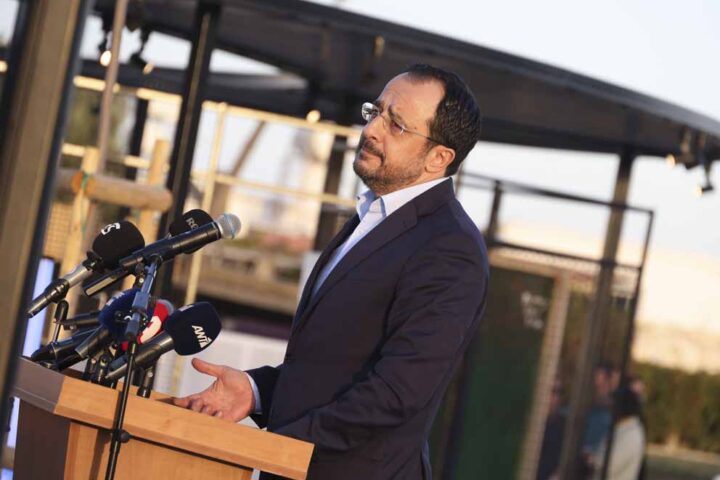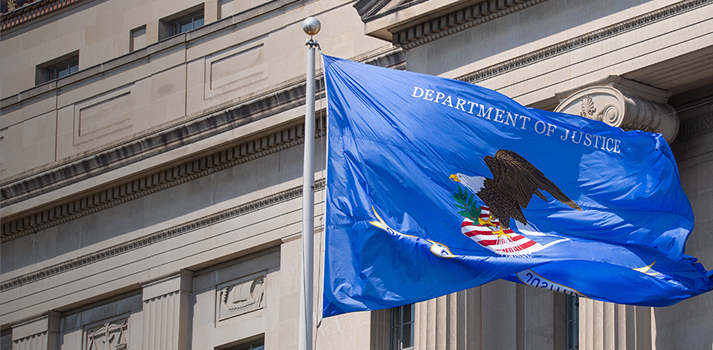The European Medicines Agency on Thursday started a rolling review of Russia’s once scorned Sputnik V Covid-19 vaccine to test compliance with safety and quality standards, the first major step in gaining approval for use in the EU.
As the EU struggles to ramp up its rollout of coronavirus vaccines across the 27-member bloc, Russia’s Covid shot is proving alluring to its friends in Eastern Europe, creating another potential rift in the region.
Brussels and the EMA have come under fire, as it’s vaccine rollout seems to have been hampered by the bloc’s decision to purchase vaccines jointly, its orders came later than other countries including the U.K. and U.S.
EU countries have so far relied almost entirely on the Pfizer-BioNTech, Moderna and AstraZeneca vaccines but Hungary’s drug regulator approved Sputnik V for use last month.
However, other EU countries have been turning to alternatives, namely the Russian Sputnik and the Chinese Sinopharm vaccines.
Hungary, with a population of 10 million, is to receive some 600,000 Sputnik V vaccines, while it has also placed orders for another half a million doses for China’s Sinopharm.
On Monday, Slovakia became the second EU state to announce it had purchased the Sputnik V vaccine, securing 2 million doses of the shot.
The rollout of the Russian vaccine in Austria is pending approval from its national drug agency.
The Czech Republic has also expressed interest in procuring and deploying the Sputnik V vaccine, a move that could undermine an EU-wide approach to approving and administering coronavirus vaccines.
Russian President Vladimir Putin last year prompted international scepticism when he announced in August that the vaccine developed by the state-run Gamaleya National Centre of Epidemiology and Microbiology had been cleared for use as the world’s first Covid-19 vaccine even before phase 3 clinical trials for safety and efficacy were completed.
Sputnik V started to gain broader international recognition after The Lancet medical journal last month published peer-reviewed results of interim trials showing a 91.6% efficacy.
Some 42 countries have placed orders for Russia’s COVID-19 vaccine, including Brazil, Argentina, and Saudi Arabia.
How the vaccine works
Sputnik V is expected to work by preparing the body to defend itself against infection with the SARS-CoV-2 virus.
This virus uses proteins on its outer surface, called spike proteins, to enter the body’s cells and cause COVID-19.
Sputnik V is made up of two different viruses belonging to the adenovirus family, Ad26 and Ad5.
These adenoviruses have been modified to contain the gene for making the SARS-CoV-2 spike protein; they cannot reproduce in the body and do not cause disease.
The two adenoviruses are given separately: Ad26 is used in the first dose and Ad5 is used in the second to boost the vaccine’s effect.
Once it has been given, the vaccine delivers the SARS-CoV-2 gene into cells in the body. The cells will use the gene to produce the spike protein.
A person’s immune system will treat this spike protein as foreign and produce natural defences − antibodies and T cells − against this protein.
If a vaccinated person comes into contact with SARS-CoV-2, the immune system will recognise the spike protein on the virus and be prepared to attack it.
Antibodies and T cells can work together to kill the virus, prevent its entry into the body’s cells and destroy infected cells, thus helping to protect against COVID-19.










